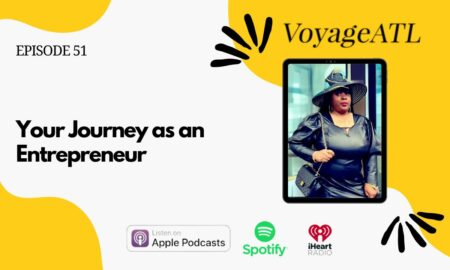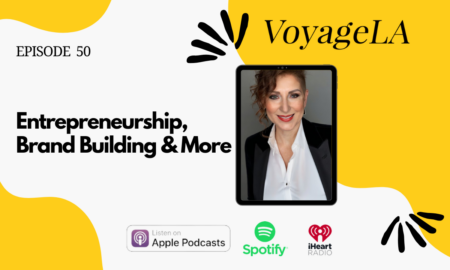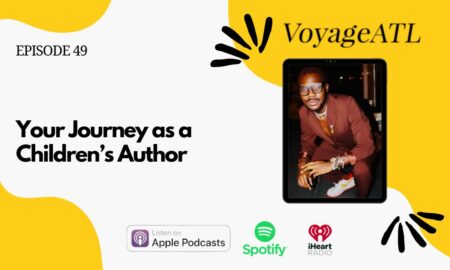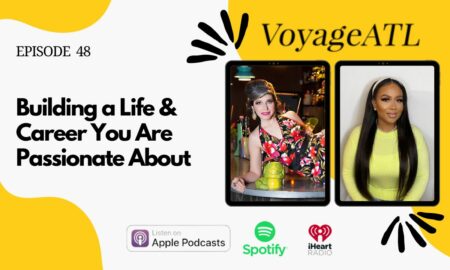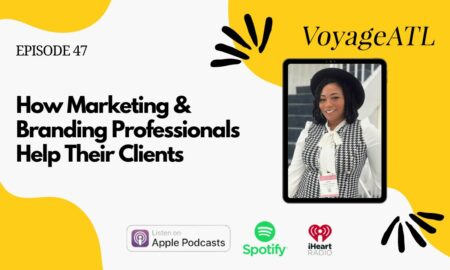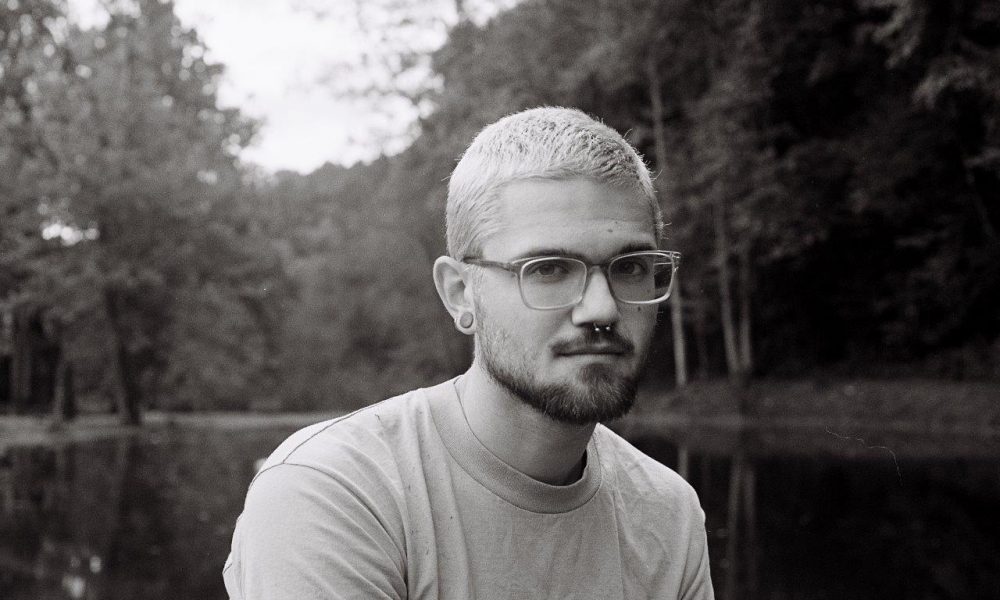

Today we’d like to introduce you to Trevor May.
Trevor, please share your story with us. How did you get to where you are today?
I got interested in film as an artistic medium in high school. I had no real idea how to pursue it, or avenues to create so I mostly focused on becoming an avid and curious viewer; pouring through old director’s filmographies (when netflix dvd was incredibly useful) and trying to keep tabs on modern pieces outside of just the mainstream. I did the film studies program at UGA and towards the end of my academic career got my first job in film, working as a camera operator on digitally broadcast sporting events for the SEC Network. That initially seemed to me like a path I wanted to go down, I grew up playing a lot of sports and am still completely obsessed with watching them, but pretty quickly I realized that that working environment wasn’t really what I wanted. I started desperately trying to look for production companies in Athens, which in a such a small market is a pretty hard find, but ended up finding a really young company looking to expand their team, DTProductions.
They were initially looking for a colorist, a position I had absolutely zero knowledge of, but I think my passion for film and apparent work ethic coupled with the budgetary restrictions of such a young company allowed me the opportunity to audition and learn. Pretty soon I became a pretty integral part of the team’s production work as well, we always worked on small crews so I helped in basically all departments on set. A few months into my employment, after wrapping a shoot in Corvallis, OR, the crew had decided to go on a weekend trip up to Portland. On the way up, we stopped at a cliffside park to enjoy a view of the ocean. Two of the company’s founders went out pretty far on a cliff to get a really close look, and in a freak occurrence, one of them was drug into the ocean by a phenomenon called a “sneaker wave” and drowned. It was an incredibly traumatic experience for everyone there as well as all of his friends and family, leaving a deep scar for everyone involved.
On top of the deep emotional pain, from a professional standpoint his role at the company had been the creative director and cinematographer. Once the remaining founders made the decision to keep the company in business, we agreed that the hole would best be filled by someone already with the company that had a deeper understanding of the emotional weight that would come along with trying to replace him. So I stepped up to try and really focus myself into becoming a cinematographer, even though at the time I really had very very little true understanding of the craft, but I really wanted to honor my fallen friend and I really dedicated myself to becoming as good as I could get. After a few years I came to the realization that my potential for growth as an artist would be benefitted by continuing my career as a freelancer, to open myself open to more opportunities for collaboration with more people on a more diverse portfolio of work. I moved to Atlanta at the end of 2017 and since have slowly been achieving these goals.
Overall, has it been relatively smooth? If not, what were some of the struggles along the way?
Certainly not, experiencing that level of trauma and pain for anyone, let alone a 21 year old young adult trying to figure out the direction for their life and career was very challenging. I think I definitely put too much pressure on myself in the short term after the accident and was not properly dealing with the emotional toll that had been thrust on my plate. Even after going independent, I think I was putting way too much weight on very arbitrary career milestones to justify my decision to leave and in a more grim sense, my survival on that day on the coast. I think all of this was making me be an unpleasant person, which in my mind, is a worse place to be at than anything career related. You have to be happy with yourself because the work will always come and go, you have to be more than your job.
It took me a while to figure that out and I really couldn’t be more thankful for my friends, family and colleagues that supported me during the most trying times. There have been other struggles I’ve dealt with that are unpleasant, but ultimately not unique. I had my house burglarized, some medical issues, dealing with the ongoing pandemic, had big jobs cancel and put me in a financial bind, but this is just par for the freelance course and comes with the territory. I’m very grateful for to be alive and have a lot of amazing people in my life. I ultimately can’t complain about much, I’m a white cisgendered male in America, I’ve had some trying circumstances in my life and career, but none of them stem from my identity and that has to be recognized.
We’d love to hear more about your work.
As a cinematographer, I’m hired by production companies or chose by a director to execute a specific visual style for a given project. Ultimately every aspect of the frame’s photographic qualities falls on me. I’ve found myself mostly gravitated towards and hired for documentary work, which I really enjoy. I love getting to work with real people and take very serious the documentarian’s role as amplifier for the subject’s voice and not using the subject as a prop for an agenda. It takes a lot of empathy and patience to work in this field and that can be very rewarding but emotionally very taxing too.
Often, the biggest challenge I find myself facing, is tiptoeing the line between creating a look with subjects while also trying to get them to forget about the filmmaking apparatus we’re introducing. Viewers come to documentary filmmaking, in my mind, to glean access to people or communities that they don’t have imaginable entry to in their normal life. And it’s really easy to compromise the level of access when you’re introducing too many variables like laborers or all the equipment associated with filmmaking; and to me, if I make a frame look 20% better photographically, but compromise the subject’s authenticity because of my footprint, I’ve failed the film as a whole. I want the viewer to find the visuals beautiful, but still fall into the suspension of disbelief that’s only possible if the subject is completely vulnerable and open.
What is “success” or “successful” for you?
I just want to make work that is honest and pure. If it’s a documentary, I just want the time to gain access to moments of truth and reality and capture them in my camera. If it’s a fictional piece, I want a film that’s the product of every single person having a clear understanding of their job and it’s effect and importance on the piece’s final product. But more importantly, I want to be a good person. I want to be a kind and patient friend; I want to be a positive impact on my community and use my privilege and resources to help out others less fortunate than myself. I have a lot of work to do on that front, but am hopeful that moving forward I can bring those ideals closer to the surface of my priorities.
Contact Info:
- Website: www.trevormaydp.com
- Email: trevor.phillip.may@gmail.com
- Instagram: www.instagram.com/trevorpmay







 Image Credit:
Image Credit:
Please provide credit to: Straight to Tell (pic of guy on porch, boat shot and woman fishing) Oakey Agency (football player, kid with hat on and young black man staring off camera) and Samacan (for woman wearing white)
Suggest a story: VoyageATL is built on recommendations from the community; it’s how we uncover hidden gems, so if you or someone you know deserves recognition please let us know here.















